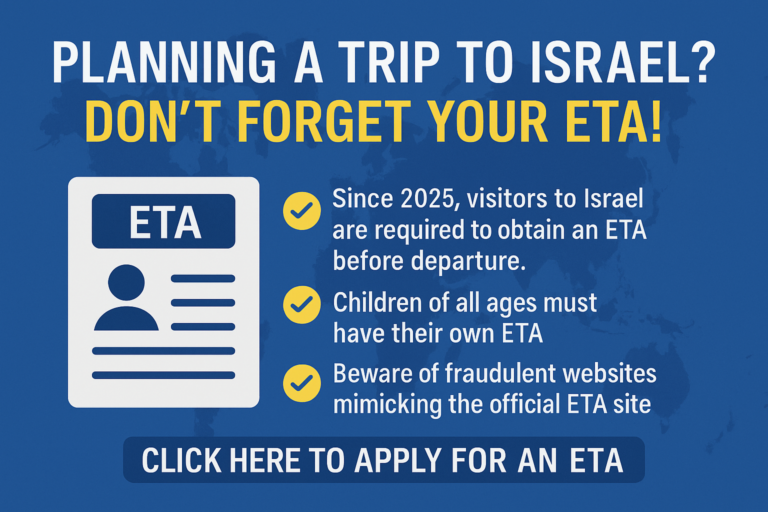Millions of migrants in the UK have been urged to register for a new eVisa system that will replace physical immigration documents, prompting fears from campaigners that this move could result in a digital version of the Windrush scandal. As the rollout date approaches, critics warn that flaws in the eVisa scheme’s design could leave many unable to prove their right to reside, rent, work, or claim benefits in the UK.
The eVisa system is set to replace biometric residence permits (BRP) and biometric residence cards (BRC), which have long been physical proof of individuals’ immigration status. Scheduled to come into effect on January 1, 2025, this digital shift is part of the government’s broader push to modernize the UK’s border and immigration system. However, concerns are growing that vulnerable people, particularly older migrants with legacy documents, may struggle to adapt to the digital-only format and may unknowingly lose access to essential services.
The Open Rights Group, a UK-based digital rights organization, published a report on Wednesday highlighting these concerns. The report calls on the government to halt the eVisa scheme before its full implementation, citing fears that individuals could be left undocumented due to errors or system failures. With the government urging migrants to apply for eVisas as soon as possible, the Open Rights Group is sounding the alarm over potential technological flaws that could cause real harm.
The government has allocated £4 million to help vulnerable groups navigate the transition to eVisas, with the Home Office contractor Migrant Help playing a key role. However, campaigners remain skeptical. Sara Alsherif, the programme manager for migrant digital justice at the Open Rights Group, has criticized the eVisa system as “yet another failed government IT project” that could have dire consequences for thousands of people. Her concerns echo those raised during the Windrush scandal, in which hundreds of individuals were wrongly detained, denied legal rights, and even deported due to a lack of proper documentation.
Like the Windrush generation, many affected by the eVisa system are likely to be older individuals who are unaware of the need to apply for new documentation. For the estimated 200,000 people holding legacy documents that prove their right to reside in the UK, the transition to eVisas could be particularly challenging. These individuals must first apply for a biometric residence permit (BRP) and then register for an eVisa account, and many may only realize they are undocumented when they attempt to access healthcare or other public services. For migrants who have carefully built a sufficient pension pot, homes, and families, all firmly tied to the UK, this digital shift poses a significant threat. Errors or delays in verifying their immigration status could disrupt their access to crucial services, jeopardizing not only their healthcare but also their financial security and long-term stability.
In addition to these concerns, experts warn that the eVisa system itself could be prone to failures. Dr. Kuba Jablonowski, a lecturer in digital sociology at the University of Bristol, stated that the system is likely to encounter glitches, as it relies on multiple databases and algorithmic processes to generate online status. Unlike traditional immigration documents that can be physically held, eVisa holders will need to generate proof of status every time it is required, leaving them vulnerable to data errors, system crashes, or unreliable internet connections. This is especially troubling given that, during the Windrush scandal, people who had lived in the UK for decades found themselves fighting to prove their residency.
The minister for migration and citizenship, Seema Malhotra, has urged all individuals with physical immigration documents to take action immediately. She emphasized that eVisas provide a secure, tamper-proof method of proving immigration status, which cannot be lost or stolen. While the government remains adamant that the system will not affect individuals’ current rights, many remain concerned that the most vulnerable may be left behind.
With the January 2025 deadline looming, many fear that this rushed transition could leave thousands in a bureaucratic limbo, reminiscent of the Windrush generation, whose documentation issues resulted in a profound impact on their ability to access essential services and, in some cases, even forced deportation. The current move towards eVisas might inadvertently place similar strains on older migrants, leading to further socio-economic challenges.
The eVisa system’s design and implementation remain under intense scrutiny. Campaigners are pushing for alternatives, suggesting that all visa holders should receive a digital token to safeguard against being rendered undocumented due to system failures. However, whether the government will heed these warnings before the scheme is fully rolled out remains to be seen.










